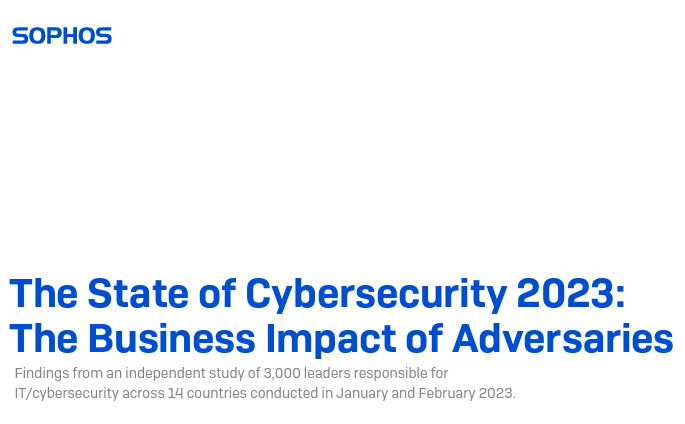All Singaporean organisations find challenging the execution of some essential security operation tasks, such as threat hunting, according to the State of Cybersecurity 2023 report from Sophos.
These challenges also include understanding how an attack happened, with 79% of respondents stating they have challenges identifying the root cause of an incident.
This can make proper remediation difficult, leaving organisations vulnerable to repetitive and/or multiple attacks, by the same or different adversaries, especially since 85% of those surveyed reported challenges with timely remediation.
Results are based on from an independent study of 3,000 leaders who are responsible for IT/cybersecurity across 14 countries, conducted by Vanson Bourne in January and February 2023.
Respondents are based in the United States, Germany, India, Japan, Australia, Brazil, Italy, the United Kingdom, South Africa, France, Spain, Australia, Switzerland and Singapore. There were 100 respondents who are based in Singapore.
Findings show that 81% of respondents said they have challenges understanding which signals/alerts to investigate, and 84% reported challenges prioritising investigations.
“Only one-fifth of respondents globally considered vulnerabilities and remote services a top cybersecurity risk for 2023, yet the ground truth is that these are routinely exploited by ‘Active Adversaries,’” said John Shier, field CTO at Sophos.
Shier said this cascade of operational issues means that these organisations aren’t seeing the full picture and are potentially acting on incorrect information.
“There’s nothing worse than being confidently wrong,” he added. “Having external audits and monitoring helps eliminate blind spots.”
The study also found that 62% of organisations surveyed said that cyberthreats are now too advanced for their organisation to deal with on their own.
Further, 68% wish the IT team could spend more time on strategic issues and less time on firefighting, and 62% said that the time spent on cyberthreats has impacted the IT team’s work on other projects.
And while 97% said they are working with external specialists to scale their operations, the majority still remain involved with managing threats rather than taking a fully outsourced approach.
Shier said threats require a timely and coordinated response, but too many organisations are stuck in reactive mode.
He added that this is not only having an impact on core business priorities, but it also has a sizeable human toll, with over half of global respondents stating that cyberattacks are keeping them up at night.
“Eliminating the guesswork and applying defensive controls based on actionable intelligence will let IT teams focus on enabling the business instead of trying to douse the eternal flame of active attacks,” said Shier.
















